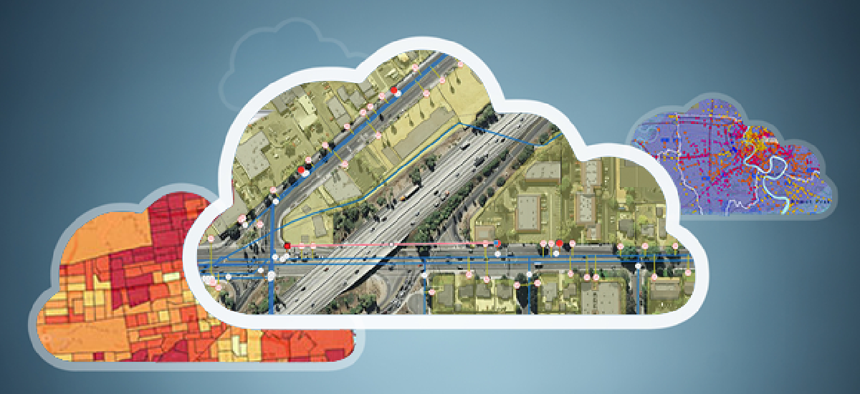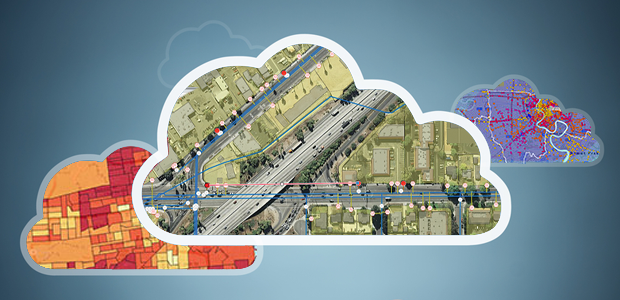USPS looks to monetize its mapping data

Geospatial data collected by 220,000 Postal Service vehicles could be offered to other agencies on an as-a-service basis.

The U.S. Postal Service wants to use its thousands of mail delivery vehicles that traverse the country every day to collect geospatial data it could provide to other agencies on an as-a-service basis.
Lauren Lee, the Postal Service's director of digital business services, said USPS is looking to leverage its vast mail delivery infrastructure for additional revenue streams. Geospatial address location data currently collected by its more than 220,000 mail vehicles is a significant part of that infrastructure, and a valuable resource that other agencies could use.
“We know a lot about mapping,” Lee said in an Oct. 22 presentation hosted by the General Services Administration's Technology Transformation Services. “We pick up data from the carriers as they’re traversing their routes in one-second breadcrumbs or geocode of locations. ... Sometimes our carriers are in areas before mapping companies even know there are roads there.”
“We’re looking at creating new address and geospatial services to offer to the geospatial marketplace for mapping,” she added.
USPS vehicles, Lee said, could also be mounted with a variety of sensor types to gather other specialized data -- measuring broadband spectrum levels, air quality and road conditions, for instance. Applications such as road condition sensing could be valuable to local communities who can use it to more effectively identify where repairs and improvements may be needed, Lee suggested.
“We’re in the R&D space with this at the moment,” she said, noting there are significant privacy protections that need to be developed, including data collection and anonymization methods.
When fully developed, the service will join other USPS data-as-a-service offerings. USPS has been working with the FBI on a fingerprinting-as-a-service at over 100 post offices across the country, according to Heather Dyer, director of identity and access management at the USPS chief information security office.
The agency began that pilot in 2018. The program is aimed at identity verification for the public for background checks, visa applications and child adoptions. The USPS takes fingerprints at the post offices and passes them off to the FBI for processing. The service, said Dyer, has shortened a weeks-long process to hours, or even minutes.


